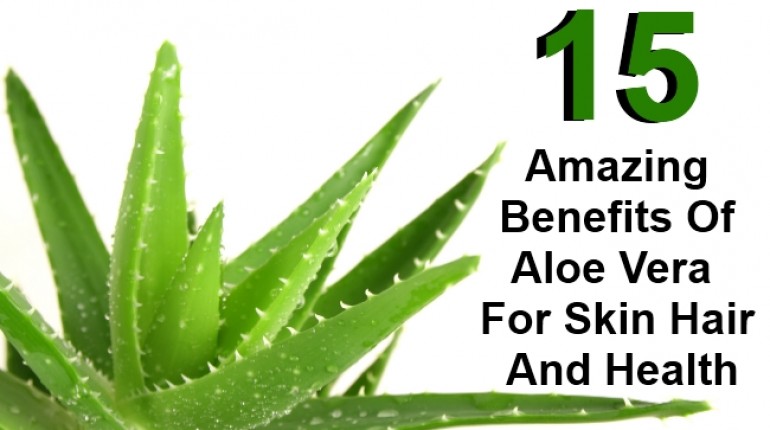
Corn has lots of varieties, but mainly it’s divided into field corn, and sweet corn. The latter is more important to humans, as it’s used as food. It’s categorized as a vegetable, and is only different from the field crop by the type of sugar it is made of. Compared to other vegetables, sweet corn is highly caloric, with 86 calories per 100 grams. Those calories come from simple carbohydrates, like sucrose and glucose.
Corn also contains great levels of antioxidants, in the form of beta-carotenes, lutein, and xanthins, and also vitamin A of about 6% of the recommended daily allowance. These components help the human body keep a healthy skin, good eyesight and strong mucus membranes, and also provide protection from cancer on the lungs and oral cavity. It’s also a good source of ferulic acid, which helps slow down the aging process and helps in cancer prevention.
Sweet corn also has a strong quantity of the B-complex group of vitamins, such as pantothenic acid, riboflavin, thiamin, niacin, and pyridoxine. It’s also a great source of minerals like magnesium, copper, zinc and manganese. Sweet corn doesn’t contain any gluten, so it is safe for patients with celiac diseases.
Sweet corn thrives in the summer season, although in warm climates, it can be cultivated throughout the year. Realistically, fresh corn can be found in markets from June to late August, but frozen corn cobs or kernels are present in markets year-round.
When buying fresh sweet corn, pay attention on the coloration. Kernels should be golden in color, uniformly spread on the cob, and with consistent size, meaning the kernels should shrink down in size near the ends of the cob. Avoid corn with dry looking kernels, which might suggest old stock, thus less juicy flavor.
Use the corn as soon as you brought it home. If it must be stored, it can stay relatively fresh inside a sealed plastic bag, refrigerated or frozen, for up to 2 days (5-6 days frozen). It is not necessary to wash the cobs before use, if they come from organic farms. Non organic products tend to be sprayed with pesticide, and should be dipped in salty water for about 15 minutes. Then, rinse them with running water, and they are ready to be prepared.
The nutritive value for 100 grams of sweet corn is as follows:
- 86 kcal
- Dietary fiber: 2.0 grams
- Protein: 3.27 grams
- Carbohydrates: 18.70 grams
- Total fat: 1.35 grams
- Cholesterol: 0 mg
Serving suggestions:
- Very fresh and young corn cobs can be eaten raw, as they are tender right after picking
- Boiled in salty water, corn cobs are very tasty and are a popular snack
- Corn cobs can also be grilled, which is the tastiest way to prepare corn
- The water used for boiling the cobs may also be used in a vegetable stew, along with onions, celery and other vegetables.


No comments:
Post a Comment